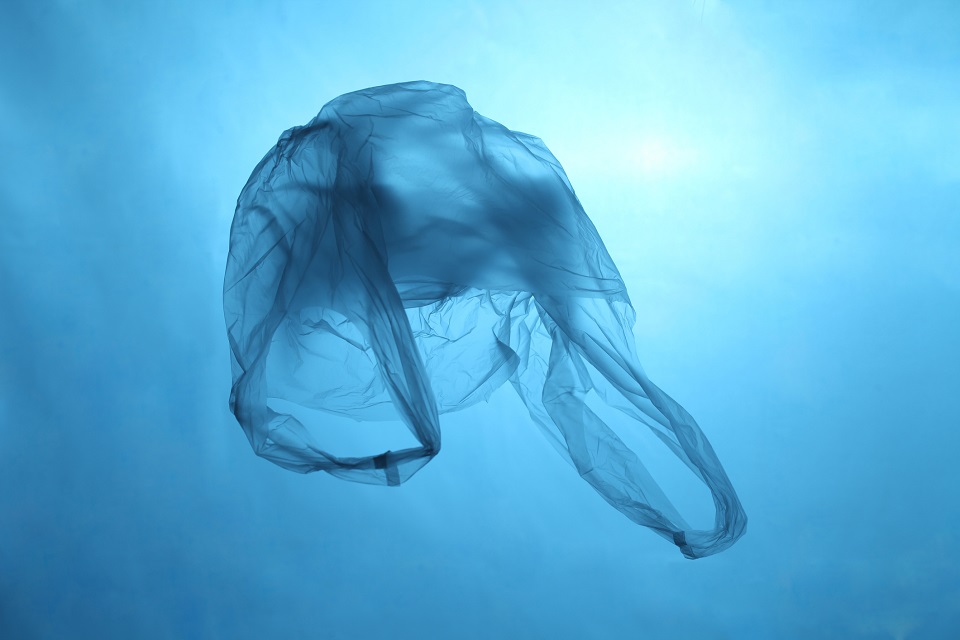Plastic Bag In Water
Plastic bag pollution is a growing issue around the world, and one of the most concerning problems is the impact on marine life. Plastic bags in water can lead to entanglement, ingestion, and suffocation of marine wildlife. This issue needs to be addressed to protect our oceans and the life within them.
Pain Points Related to Plastic Bag in Water
Plastic bags are lightweight and can easily be blown by the wind into waterways and oceans. They can take years to degrade, which means they continue to pose a threat to marine life for a long time. Plastic bags can also cause harm to sea turtles, whales, birds, and other marine animals by wrapping around their body parts and restricting their movements.
Answering the Target of Plastic Bag in Water
The best way to address the problem of plastic bags in water is by reducing their usage and proper disposal. Governments and organizations can promote the use of reusable bags, impose taxes or bans on single-use plastic bags, and encourage recycling programs. It's also important for individuals to take responsibility and properly dispose of their plastic bags to prevent them from ending up in the ocean.
Summary of Main Points
Plastic bags in water are a serious threat to marine life, causing entanglement, ingestion, and suffocation. Pain points related to plastic bag in water include their lightweight nature and slow degradation time. The target of plastic bags in water can be addressed by reducing usage and proper disposal through government regulations and individual responsibility.
Impact of Plastic Bag in Water on Sea Turtles
During my last trip to the beach, I witnessed a sea turtle struggling with a plastic bag in the water. It was heart-wrenching to see the poor animal trying to remove the bag from its flipper. This experience showed me how significant the impact of plastic bags in water is on marine life. It's crucial to raise awareness about the issue and take action to prevent further damage.
The sea turtle incident inspired me to research more about plastic bag pollution in water. The material used to make single-use plastic bags does not biodegrade, but instead, it only breaks down into smaller particles called microplastics. These tiny plastic particles then enter the food chain, affecting larger animals, including humans.
Government Regulations to Combat Plastic Bag in Water
In many countries, governments have implemented regulations to combat plastic bag pollution in water. For example, the UK introduced a plastic bag charge in 2015 which led to an impressive reduction of 90% in single-use plastic bags. Australia and Canada have also implemented similar charges, resulting in a significant reduction in plastic bag consumption.

The Importance of Individual Responsibility
Although government regulations play a significant role in addressing the problem of plastic bags in water, individual responsibility is also essential. We can all take small actions that collectively will have a significant impact. For example, using reusable bags when shopping, properly disposing of plastic bags in the bin, and picking up trash on the beach or any waterways.
Reducing Our Impact on Marine Life
It's crucial for us as a society to take responsibility for reducing our impact on marine life and the environment. By reducing our usage of single-use plastic bags, properly disposing of them, and raising awareness of the issue, we can make a significant difference. It's our duty to protect our oceans and the wildlife within them for future generations.
Question and Answer
Q: How long does it take for plastic bags to degrade in water?
A: Plastic bags take anywhere from 10 to 1,000 years to degrade in water, depending on various factors such as temperature, moisture, and UV exposure.
Q: Can plastic bags harm all marine animals?
A: Plastic bags can harm various marine animals, including sea turtles, whales, dolphins, birds, fish, and more.
Q: How does plastic bag pollution affect humans?
A: Plastic bag pollution can affect humans by exposing us to harmful chemicals and microplastics through the food chain. It can also have economic impacts on communities that rely on fishing and tourism.
Q: How can individuals reduce their usage of plastic bags?
A: Individuals can reduce their use of plastic bags by using reusable bags, refusing unnecessary bags, and properly disposing of their plastic bags in the bin.
Conclusion of Plastic Bag in Water
Plastic bag pollution in water is an urgent issue that needs to be addressed to protect our oceans and the marine life within them. While government regulations have played a significant role in addressing the problem, individual responsibility is also crucial. By taking small actions, we can make a significant difference in reducing our impact on the environment and marine life.
Gallery
Viewing Gallery For - Plastic Bag Clipart | Clip Art, Plastic Bag

Photo Credit by: bing.com / zak plastiktasche containing
Plastic Bags Sales Down By 90% Following Government 5p Charge, Decision

Photo Credit by: bing.com / 5p metaldehyde rpa decision reaps stepped introduction oceans garbage underwater introduced deframedia
The Eco Guide To Plastic Bags - 2LUXURY2.COM
Photo Credit by: bing.com / water plastic bags bag beach does eco land air turtle 2luxury2 difference boondoggle kiawah costs fallout dumb developers plants smart
Plastic Bag Tax Charge Will Not Help Wildlife In England | Nature
Photo Credit by: bing.com / bag plastic water bags floating pollution nature express mistake food marine getty
Tips To Keep Flies At Bay
Photo Credit by: bing.com / water bags flies plastic really effective repelling keep they use away